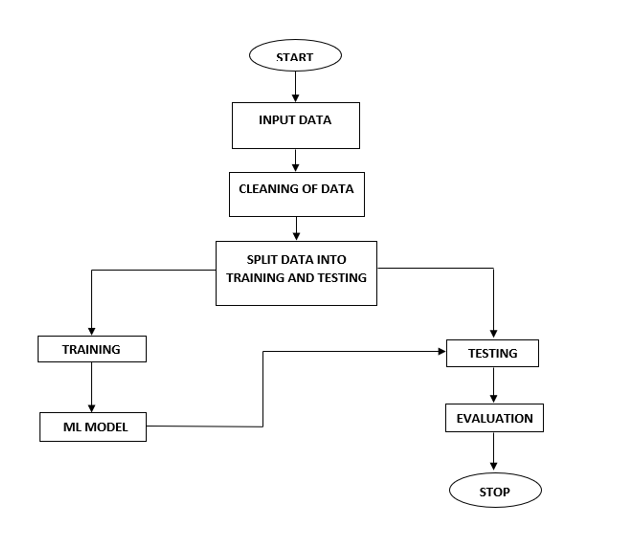Finding Psychological Instability using Machine Learning
Objective
As we know that people around the globe work hard to keep up with this racing world. However, due to this each individual is dealing with different health issues, one of the most known issue is depression or stress which may eventually lead to death or other brutal activities.
Abstract
As
we know that people around the globe work hard to keep up with this racing
world. However, due to this each individual is dealing with different health
issues, one of the most known issue is depression or stress which may
eventually lead to death or other brutal activities. These abnormalities can be
termed as the bipolar disorder which can be treated by undergoing some
treatment suggested by specialists. For this research, data has been collected
from working people which comprises of all kinds of questions for despondent
detection and the dataset has been run through some machine learning
algorithms. Random Forest algorithm gives the highest accuracy when compared to the other algorithms.
Keywords: Bipolar disorder, Random Forest, SVM, Decision Tree, Machine learning.
NOTE: Without the concern of our team, please don't submit to the college. This Abstract varies based on student requirements.
Block Diagram

Specifications
- Processor: I3/Intel
- Processor RAM: 4GB (min)
- Hard Disk: 128 GB
- Key Board: Standard Windows Keyboard
- Mouse: Two or Three Button Mouse
- Monitor: Any
- Operating System: Windows 7+
- Server-side Script: Python 3.6+
- IDE: Jupyter Notebook
- Libraries Used: Pandas, Numpy.
Learning Outcomes
- Scope of Real Time Application Scenarios
- What type of technology versions are used
- Working Procedure
- Introduction to basic technologies used for
- How project works.
- Input and Output modules
- Datasets properties
- Machine learning algorithms.
- Data pre-processing techniques
- What is prediction
- What are ML algorithms
- Project Development Skills:
- Problem analyzing skills.
- Problem solving skills.
- Creativity and imaginary skills.
- Programming skills.
- Deployment.
- Testing skills.
- Debugging skills.
- Project presentation skills.
- Thesis writing skills.





 Paper Publishing
Paper Publishing
